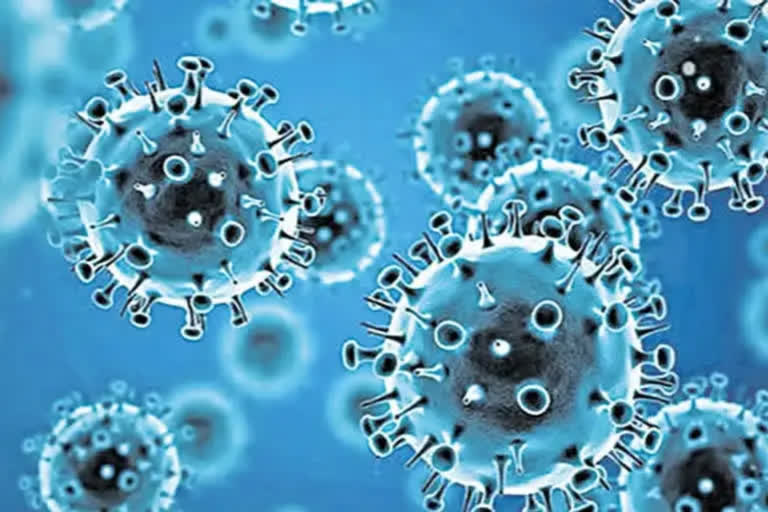London: Researchers have detected an anti-inflammatory pattern in long Covid patients, which helps in understanding better what causes fatigue in patients with long term symptoms of the disease. The researchers at the University of Vienna, Austria, have now presented new evidence of triggers for fatigue following SARS-COV-2 infection. The team of researchers showed that an exaggerated anti-inflammatory response is likely to be responsible for Long Covid Syndrome (LCS). The study has been published in "iScience".
Today, millions of people suffer from LCS, which significantly affects their quality of life. However, it is not easy to diagnose and treat due to a lack of understanding of the underlying disease mechanisms. The diagnosis and treatment of LCS is still very difficult, and there is only little knowledge about the factors causing accompanying symptoms.
According to the study, the team of researchers, led by chemist Christopher Gerner, have now turned their attention to LCS using mass spectrometry-based post-genomic analysis techniques. The strength of these methods lies in the very comprehensive mapping of actual conditions, i.e. the traceability of disease processes taking place in a patient.
In the course of a viral infection, there is normally a very strong activation of the immune system. But in virtually all of the Long COVID patients studied, corresponding markers such as cytokines, acute phase proteins and eicosanoids, which indicate inflammation, were in fact hardly detectable, the study said.
"All important potential markers for acute inflammatory processes were below the levels of healthy donors or not detectable at all in LCS patients," said study author Christopher Gerner. Surprisingly, the differences were more pronounced in long COVID patients compared to asymptomatic patients recovering from COVID disease than to healthy controls, the study said.
Also read: What Imperial research taught us about COVID-19 in 2022
"This finding shows that there was indeed some residual inflammatory response detectable in asymptomatic recovered patients, whereas long COVID patients had the opposite finding," said Gerner. Although auto-immunity was previously suspected as the main cause of long COVID, there is no evidence of accompanying inflammatory processes in LCS patients.
Contrary to previous expectations, the researchers were able to find several anti-inflammatory proteins, lipids and metabolites in long COVID patients, which on the one hand could contribute to the most important LCS symptoms, and on the other hand point to the formation of alternatively polarized macrophages as the cause. "The molecular signature of inflammation inhibition was very clearly visible," said Gerner.
"For example, the study provides evidence that increased infectivity of the virus can be explained via a deficiency of acute phase proteins (e.g. SERPINA5). In addition, the researchers were able to show that the anti-inflammatory metabolites osmolytes taurine and hypaphorine were strongly up-regulated in LCS patients. "Hypaphorine is known to spontaneously induce sleep in animals, suggesting a direct link to fatigue syndrome," said Gerner.
According to the study, the blood plasma analyses of LCS patients allow a deep insight into the physiological processes of the patients. In the case of LCS patients, an active participation of so-called alternatively polarized macrophages became apparent. These cells are typically formed after all kinds of infections and are responsible for the coordination of regenerative processes. The molecular profile found in LCS patients, consisting of proteins, lipids and metabolites, is very characteristic for these cells, the study said. (PTI)



